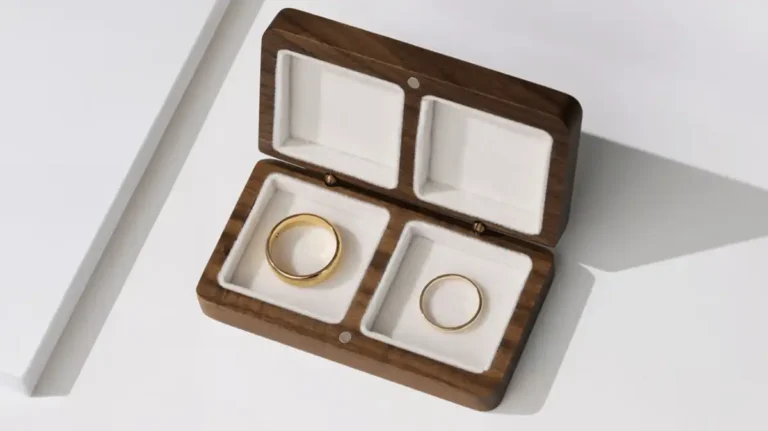The fashion world changes constantly, but as an unfortunate and unintended side effect, a lot of it ends up in landfill. Research discovered, that over 300,000 tonnes of clothing ends up on the landfill year on year in the UK.
It doesn’t that we have a desire for fashion. Wrap revealed in their study of the textiles industry that, between 2012 and 2016, the carbon footprint from clothing in the UK has increased from 24 million tonnes to 26.2 million tonnes of CO2. Meanwhile, in the beauty and make-up industry, 70 per cent of its waste comes from the pretty packaging that is really only made to sell the product visually!
With landfills hitting their peak of fabrics what duty and responsibilities does the fashion industry have to address this problem? We’ve teamed up with Reconomy, your waste management experts and a leading caged tipper supplier that can help businesses deal with their waste responsibly, to look into the waste solutions for textiles.
Feeding the fabrics
The sector has had a number of green processes being introduced to it. For example, Tree Hugger reported on a recent process that could tackle the initial carbon footprint caused by textile production. Making clothes uses up a lot of resources, such as water, fuel, and chemical dyes. Circular Systems is offering a solution to that — fibres made from food scraps. In fact, the initiative would solve two issues at once, by making textile production less wasteful and combating the food waste problem. Circular Systems also has technology in place to use existing scraps of textiles and discarded clothing and recycle them into new fibres. This means the company addresses both the environmental impact at the beginning of a textile cycle, with its creation, and at the end of its life, avoiding the landfill.
Clothes from coffee grounds
Bio-Based World News had revealed a new clothing process in the form of fabrics being made from coffee grounds. Singtex is the name of the company responsible for changing how we look at what our clothes could be made from. Like Circular Systems, they are looking to tackle two troubles head-on, but converting a backlog of waste from one sector (again, the food industry) and turning it into a useable item in another sector (the textiles industry).
Love Your Clothes
Wrap had developed its own project to help the textiles industry deal with its wasteful nature, with the Love Your Clothes website. This website offers customers a series of helpful advice points, such as:
- Buying clothes — tips on how to “buy smart”, with an emphasis on clothes that will last, hiring options, swapping stations, or buying second-hand.
- Care and Repair — this section gives some great lifehacks on how to look after your clothes to keep them living longer. It also advises on how to repair clothes to give them a new lease on life.
- Refashion and Upcycle — something of a lost art, it certainly needs to see a revival! Here, instead of buying new clothes, the website encourages people to look at their old clothes and find ways to alter or combine items to make new outfits. The best part of this is you end up with a totally unique item!
- Unwanted clothes — for clothes that don’t fit, that you’ve grown out of, or no longer need, sometimes upcycling isn’t an option. But that doesn’t mean you get to fling them away! Dispose of your clothes responsibly, with a range of different ways to sell, swap, or donate.
Exchange Programmes
There have been a number of retail outlets that took part in an exchange programme in the past, which they allowed customers to drop off clothes to recycle. Sometimes, customers can even get discounts for doing so.
Shops such as Target and I:Collect ran a two-week campaign which gives customers the opportunity to earn 20% discounts on clothing if they brought in old denim. The denim was divided into two piles to be either reused or recycled.
H&M in the UK offers a recycling service too. With the promise to accept any brand in any condition, H&M notes that it was the first brand to do a full-scale clothing recycling program in-store. Customers can bring down their old, unwanted clothes in exchange for an H&M voucher. The service is also offered in their concept stores, at Monki and at & Other Stories. The old clothes are marked as re-wear, reuse, or recycle. Meanwhile, LUSH offers money off when people bring back their cleaned and emptied tubs for recycling.
When it comes to waste relating to fashion or beauty, the industry is in desperate need of a makeover. The fashion industry in particular moves so quickly, and it’s leaving a trail of quickly-discarded clothing in its wake. Businesses need to ensure they have a responsible waste management system in place, such as those provided by Reconomy, to ensure less waste hits the landfill.



